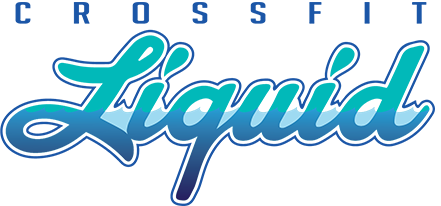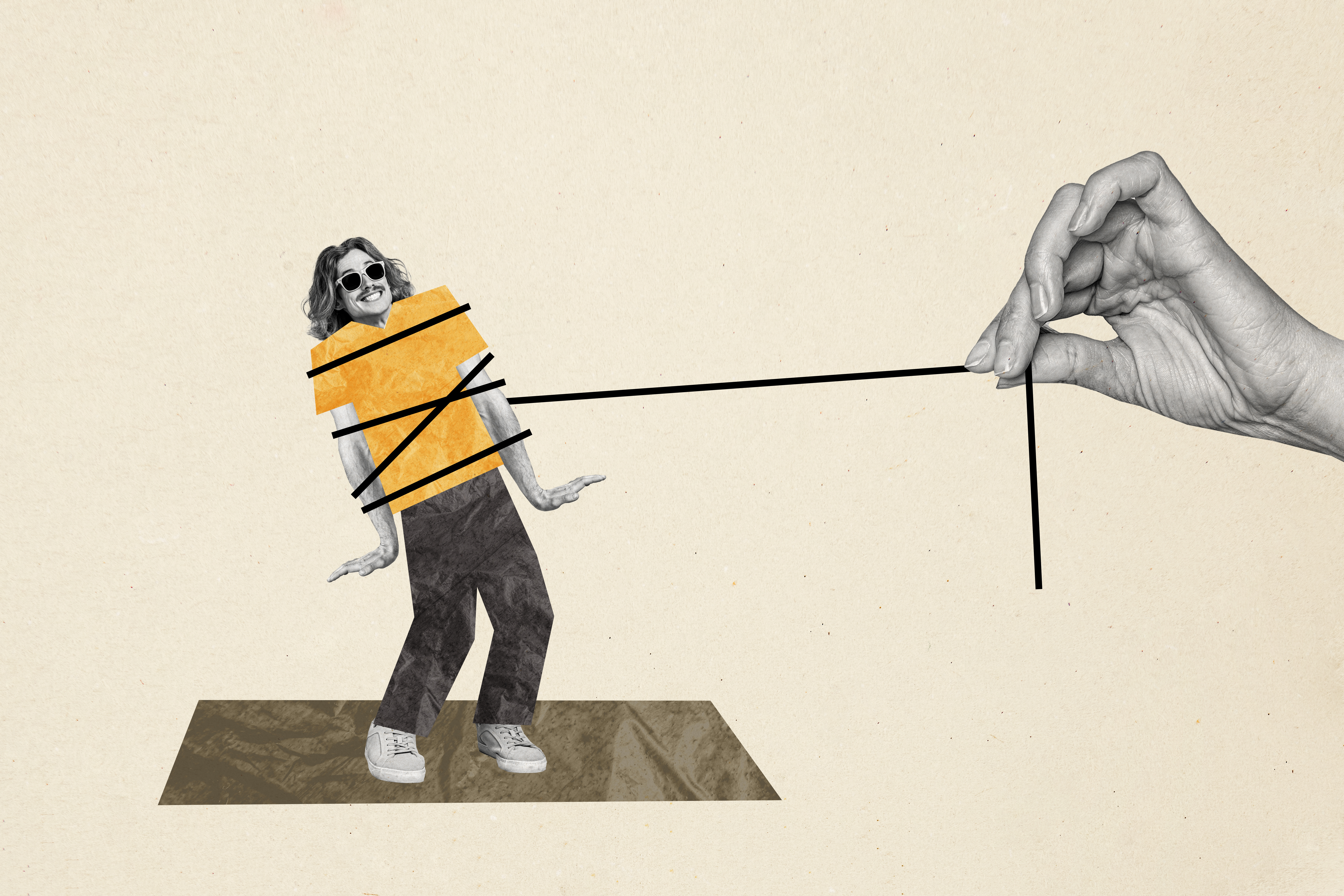How often do you hear the phrase, “I can’t”? Maybe you’ve said it yourself.
- “I can’t wake up early to work out.”
- “I can’t eat healthy when my family isn’t on board.”
- “I can’t start a new routine right now.”
“I can’t” is a phrase that removes power from your hands. It implies an external force stops you, an invisible barrier standing in your way. It allows blame to shift—maybe to time, circumstances, genetics, or bad luck. Examples of things that “I can’t” might make sense with
- “I can’t stop an asteroid from hitting the earth.”
- “I can’t stop it from raining.”
- “I can’t make the plane leave on time.”
These are all things that are indeed out of our control. But if we think about the things above that we initially said “I can’t” to and replaced “I can’t” with “I won’t,” what happens?
- “I won’t wake up early to work out.”
- “I won’t eat healthy when my family isn’t on board.”
- “I won’t start a new routine right now.”
Feel the difference?
“I won’t” is a declaration of choice. A choice that gives us the power to dictate how we approach or solve an issue. It’s also brutally honest if you place the blame for the success or failure of the situation squarely in your hands. You’re in control of the outcome; isn’t that empowering?
The Illusion of Powerlessness
Saying “I can’t” makes it feel like something is being done to you. It turns you into a passive participant in your own life. If you believe you can’t do something, it suggests the possibility never existed in the first place. This mindset is dangerous because it keeps you stuck. It stops you from finding solutions, adapting, or attempting to push through.
For example, if you say, “I can’t work out because I have kids,” you immediately shut the door on any creative solutions. But if you say, “I won’t work out because I have kids,” then you acknowledge that other options exist—you’re just choosing not to explore them. Maybe you could wake up earlier, involve your kids in your workouts, or swap screen time for exercise. But with “I can’t,” those possibilities don’t even get considered.
Shifting to “I Won’t” – A Lesson in Ownership
Switching to “I won’t” can feel uncomfortable at first. It forces you to confront the truth: your choices are yours. No one is forcing your hand. This can be hard to swallow, but it’s also incredibly freeing.
When you say, “I won’t,” you take full responsibility for your actions (or inactions). And responsibility breeds power. It also brings a sense of freedom, knowing your choices are yours.
Consider someone who says, “I can’t meal prep because I don’t have time.” The moment they reframe it to, “I won’t meal prep because I don’t prioritize it,” their perspective shifts. Now, it’s not a lack of time—it’s a lack of priority, and priorities can be adjusted.
This mindset shift leads to action. Instead of being stuck in a cycle of excuses, you start making choices with intention. You might say, “Okay, if meal prepping is important to me, I need to schedule time.” Or you might choose, “It’s not a priority, and I’m okay with that.” Either way, you’re in control.
How “I Won’t” Empowers Change
Once you embrace the language of “I won’t,” it becomes a powerful tool for self-awareness and growth. Here’s how it can transform your mindset, inspiring you to reach new heights:
1. Clarifies True Priorities
When you replace “I can’t” with “I won’t,” you are forced to evaluate what truly matters to you. If you keep saying, “I won’t make time for exercise,” eventually, you’ll either accept that fitness isn’t a priority right now or realize it should be and start making changes.
2. Eliminates Victim Mentality
Saying “I can’t” can make you feel like a victim of your circumstances. But saying “I won’t” forces you to take ownership. It removes the illusion that something outside of you is in control.
3. Creates Space for Action
Once you acknowledge that you could do something but choose not to, you’re better positioned to ask: Do I want this? If yes, you’ll start looking for ways to make it happen. If the answer is no, you can move forward without guilt.
A Challenge for You
For the next week, listen to your own words. Every time you catch yourself saying, “I can’t,” stop and reframe it as “I won’t.”
Instead of:
- “I can’t go to the gym.” → “I won’t go to the gym.”
- “I can’t eat better.” → “I won’t eat better.”
- “I can’t make time for my health.” → “I won’t make time for my health.”
See how that feels. If the phrase stings, that’s a good sign—it means you’re confronting the reality of your choices.
From there, ask yourself: Do I like this choice? Am I okay with it? Or do I want to change it?
This simple language shift can be the key to unlocking the next level of your progress, whether in fitness, nutrition, career, or personal growth. Because once you take ownership of your choices, you also take control of your future.
It’s important to acknowledge that adopting the ‘I won’t’ mindset can be challenging. It may require you to confront uncomfortable truths about your choices and priorities. However, it’s also a powerful tool for personal growth and empowerment. The question is—will you take the challenge?



